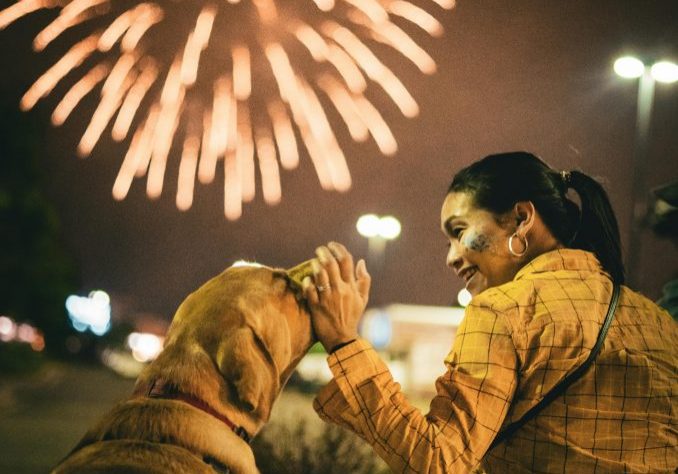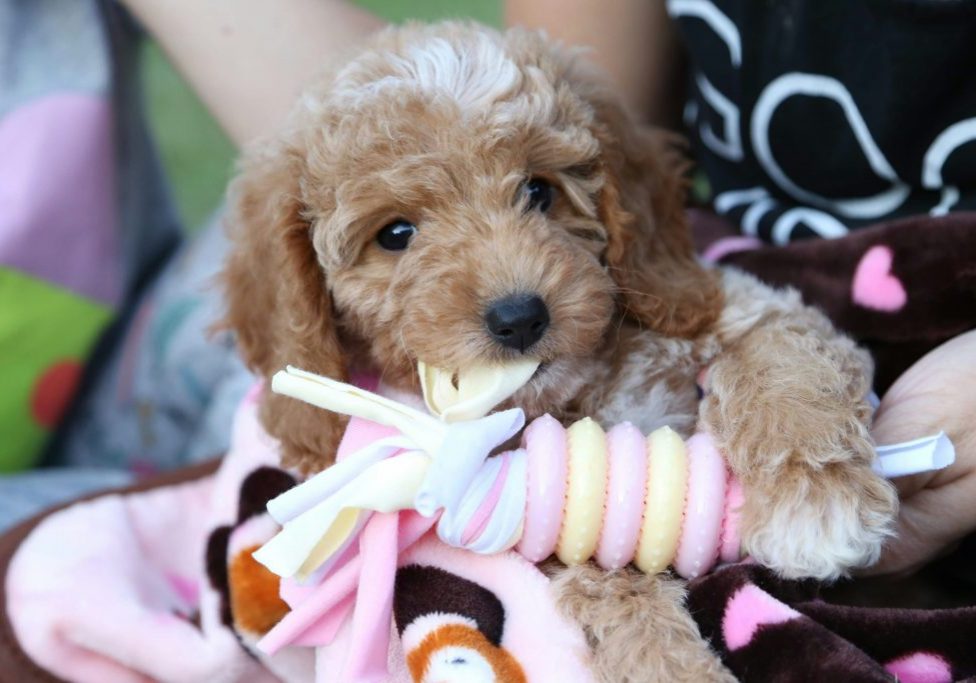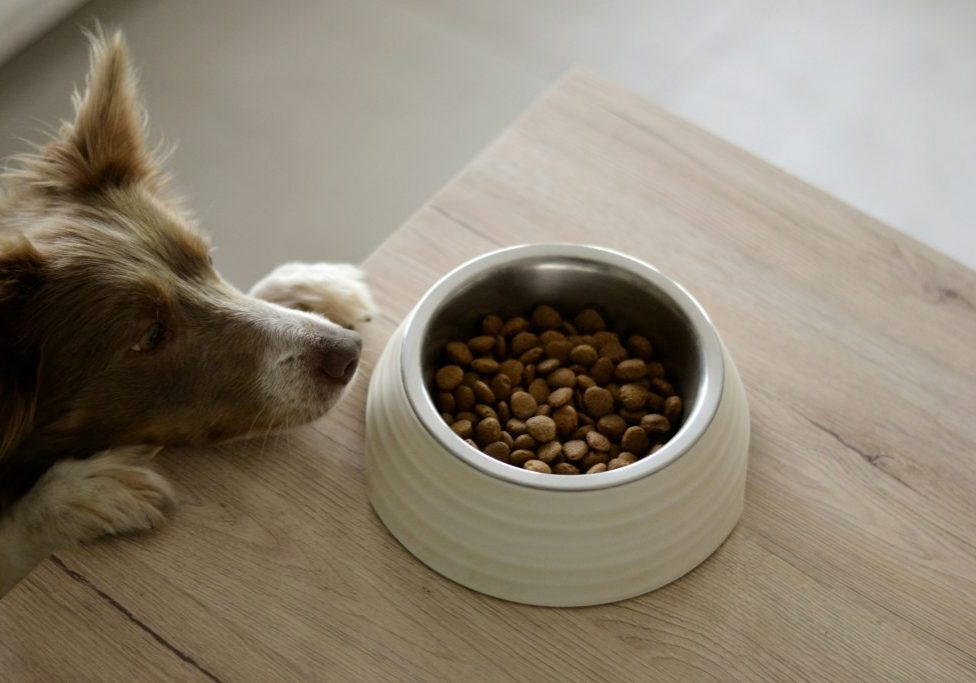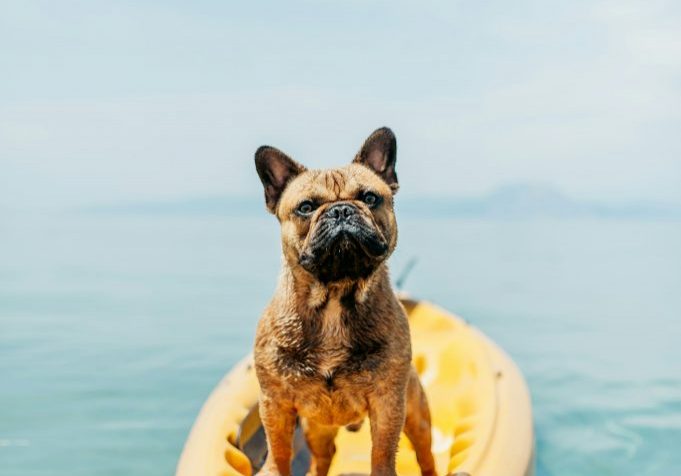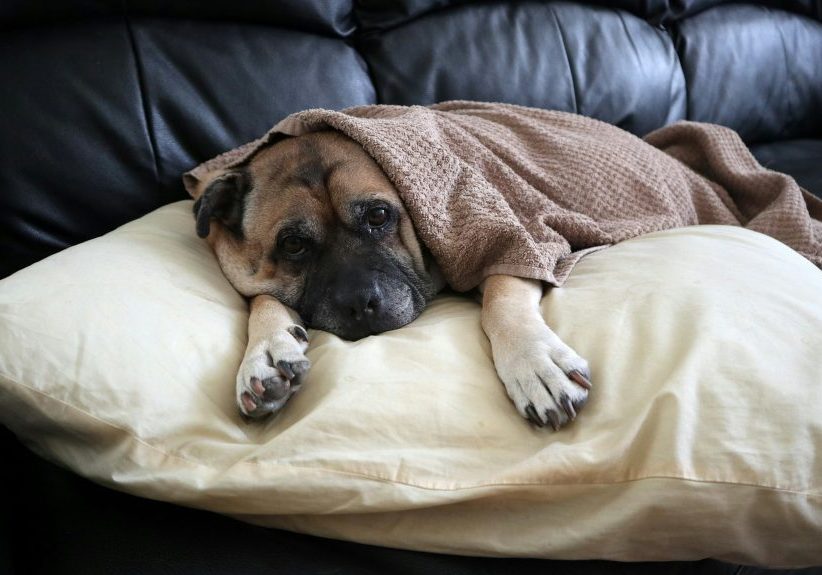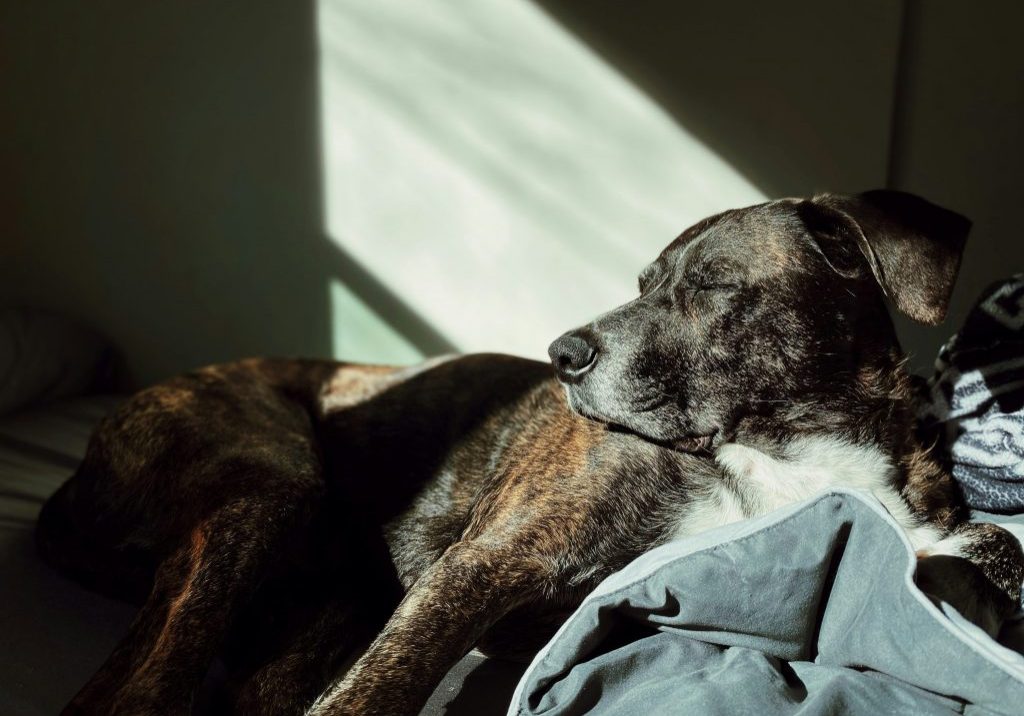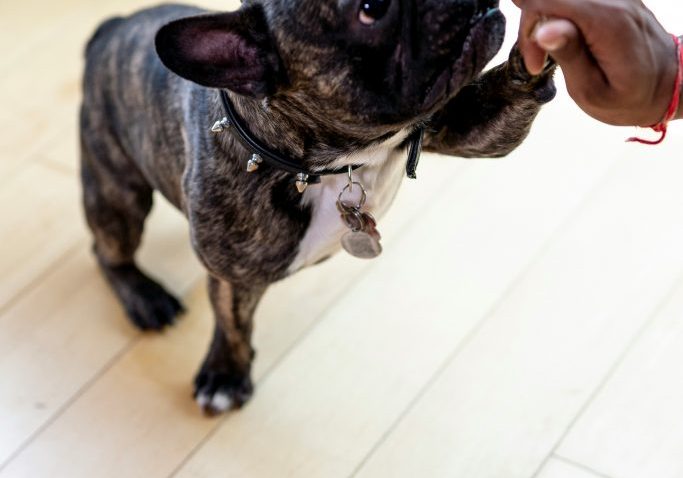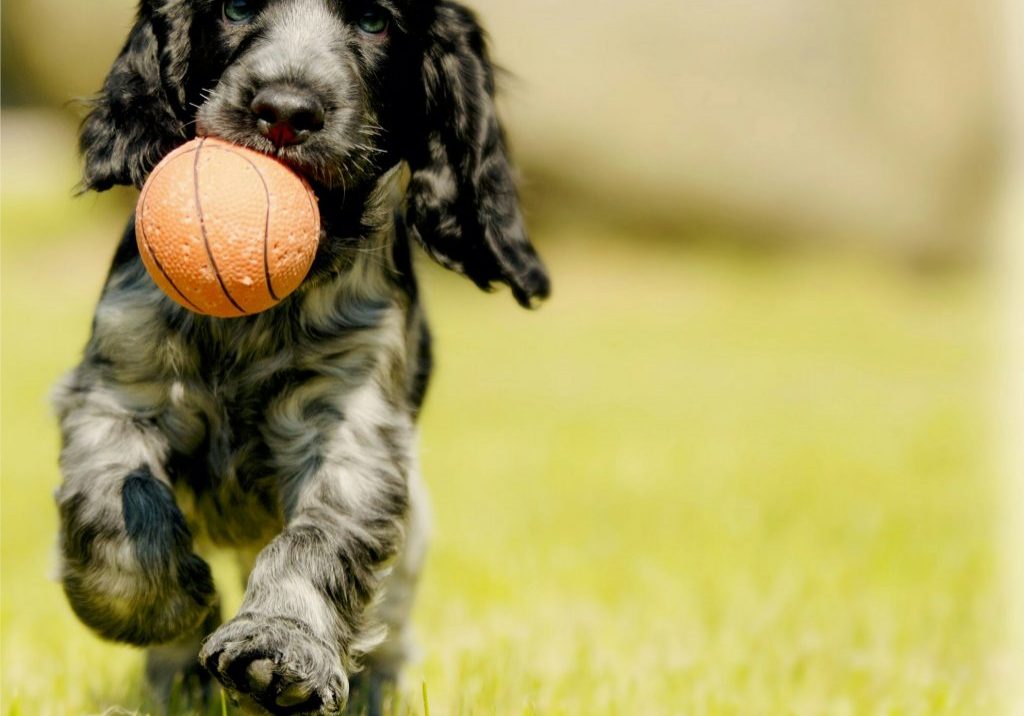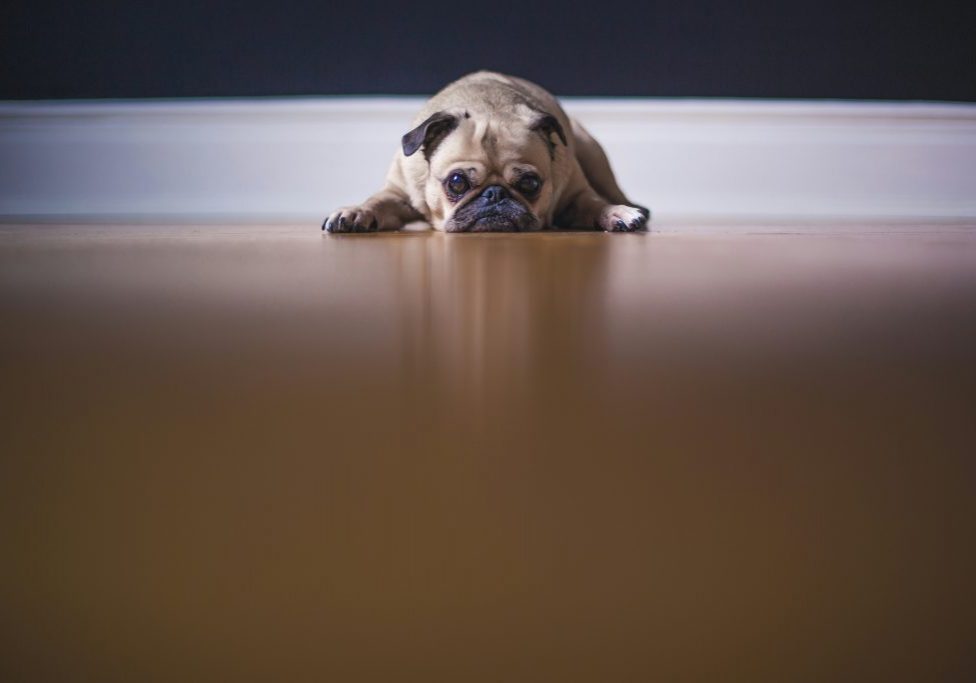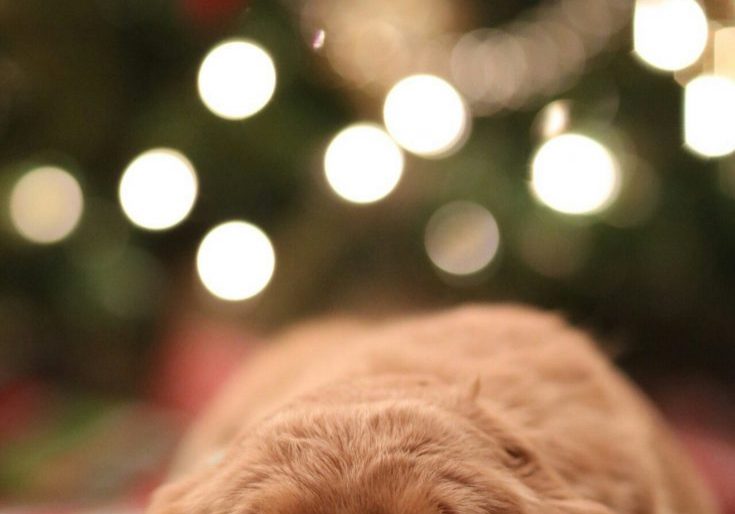Puppy Socialising & Making Friends
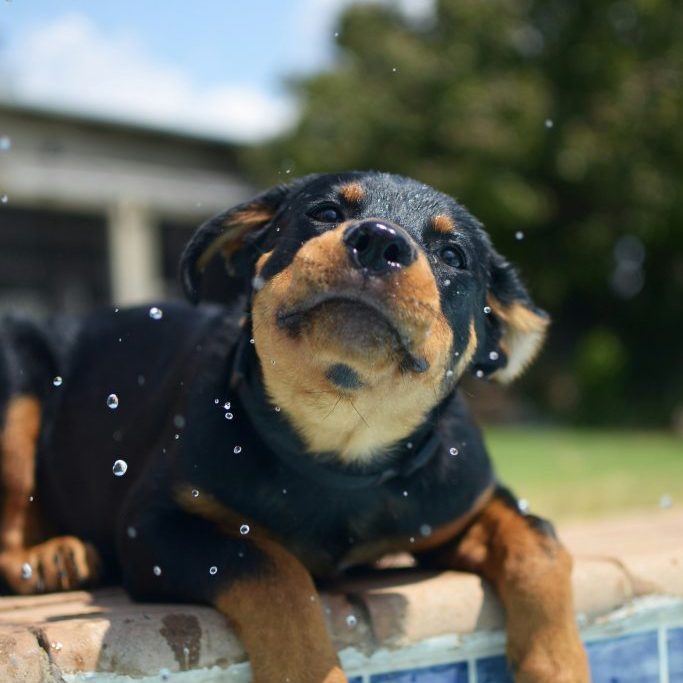
hwllo-sniffer.co.uk/puppy-socialising-making-friends
December 5, 2024
Sniffer_Admin
Every puppy is born with the potential to become a well-mannered, confident adult dog—but the path to get there starts early with proper socialisation. Imagine taking your pup to the park and watching them play happily with other dogs or calmly greeting new people without fear or fuss. Sounds ideal, right? The good news is that it’s achievable, but it takes a little planning, effort, and consistency.
Socialising your puppy is more than just cute playdates (though those are fun!); it’s about introducing them to the world so they feel safe, secure, and adaptable. Let’s break it down step by step.
Why Is Socialisation So Important?
Puppies go through a critical socialisation period, typically between 3 to 14 weeks of age. During this time, their brains are like little sponges, soaking up experiences and learning how to react to them. Positive experiences now can shape their behaviour for a lifetime.
- Builds Confidence: Exposing your puppy to different environments, sounds, and situations helps them feel comfortable and reduces anxiety later in life.
- Prevents Behavioural Problems: A well-socialised puppy is less likely to develop issues like fear aggression, excessive barking, or nervousness around new people or dogs.
- Strengthens Your Bond: Socialisation is a joint adventure—it’s an opportunity to build trust and communication with your pup.
Start With Safe Spaces
Before your puppy’s vaccinations are complete, you’ll need to be cautious about where you take them. But that doesn’t mean you have to wait to start socialising!
- Invite Friends and Family: Introduce your puppy to a variety of people at home—young, old, loud, quiet—so they get used to different personalities.
- Expose Them to Sounds: Play recordings of city noise, fireworks, or thunder at a low volume to desensitise your puppy to loud or unusual sounds. Gradually increase the volume as they get more comfortable.
- Explore the Garden: Let your puppy sniff around outside (if you have a secure garden), where they can encounter new smells and textures safely.
Introducing Other Dogs
Meeting other dogs is a big part of socialisation, but it needs to be handled with care.
- Start Small: Begin with calm, friendly dogs that are fully vaccinated. Ideally, these should be dogs you know well and trust.
- Watch Their Body Language: Puppies might be shy or overly eager when meeting another dog. Look for relaxed body language—tail wagging softly, playful bows—and step in if either dog seems uncomfortable.
- Use Puppy Classes: Once vaccinations are sorted, consider enrolling in a local puppy socialisation class. These are supervised environments where your pup can interact with others safely.
Socialising With People
Helping your puppy feel at ease around humans is just as crucial as meeting other dogs.
- Mix It Up: Expose your puppy to people of all ages, sizes, and appearances. That includes men with beards, people wearing hats, and children who might move unpredictably.
- Teach Calm Greetings: It’s tempting to let your puppy jump up when they’re excited, but this can lead to bad habits. Teach them to sit calmly before getting attention or treats from people.
- Include Positive Experiences: Encourage gentle handling by asking visitors to give your pup a treat or scratch behind the ears.
Explore the Big Wide World
Once your puppy’s vaccinations are complete, it’s time to introduce them to the outside world properly.
- Take Short Walks: Start with quiet streets or parks to avoid overwhelming your puppy. Let them take the lead (within reason!) to sniff and explore.
- Expose Them Gradually: Over time, introduce them to busier environments like bustling high streets or parks with lots of people and dogs. Keep these visits short at first to avoid overstimulation.
- Keep It Positive: Bring treats or their favourite toy to reward calm, confident behaviour.
Overcoming Challenges
Socialising doesn’t always go smoothly—some puppies are naturally shy, while others might be a little too bold.
- For Shy Puppies: Take things slowly. If your puppy seems overwhelmed, step back and give them space. Build their confidence with positive reinforcement in quieter settings before progressing to busier ones.
- For Overenthusiastic Puppies: If your pup gets too excited and starts barking or jumping, redirect their focus with a toy or command. Practising calm behaviour is key.
- Know When to Stop: If your puppy shows signs of stress—like yawning, licking their lips, or avoiding eye contact—it’s time to pause and let them decompress.
The Role of Puppy Playdates
Organising playdates with other puppies or well-mannered adult dogs can work wonders for socialisation.
- Match Personalities: Pair your puppy with playmates that match their energy level. A gentle pup might feel overwhelmed by a boisterous playmate, while a high-energy puppy might need a buddy who can keep up.
- Supervise Closely: Keep an eye on interactions to ensure they remain playful and safe. Step in if play gets too rough or one puppy seems uncomfortable.
- Mix It Up: Regular playdates with different dogs help your puppy learn how to interact with various personalities.
What About Unfamiliar Situations?
Socialisation also means preparing your puppy for unexpected situations.
- Introduce Different Surfaces: Let your puppy walk on grass, gravel, sand, and even metal grates. This helps them feel comfortable with new textures underfoot.
- Practice Handling: Gently touch your puppy’s paws, ears, and tail so they get used to being handled—this will make vet visits and grooming much easier later on.
- Travel Together: Take your puppy on short car rides, so they associate it with fun outings rather than just trips to the vet.
A Lifelong Journey
Socialisation doesn’t stop after puppyhood. Continuing to expose your dog to new experiences throughout their life helps maintain their confidence and adaptability.
Regular outings, playdates, and training sessions keep your pup mentally stimulated and emotionally balanced. And who doesn’t want a dog that’s just as happy hiking a trail as they are curling up on the sofa after a busy day?
Final Thoughts
Puppy socialisation might sound like a lot of work, but it’s one of the most rewarding parts of raising a dog. Watching your puppy blossom into a well-rounded, friendly companion is worth every ounce of effort.
So, take it slow, celebrate the small wins, and enjoy the journey—you’re setting the foundation for a lifetime of wagging tails and happy adventures together.
